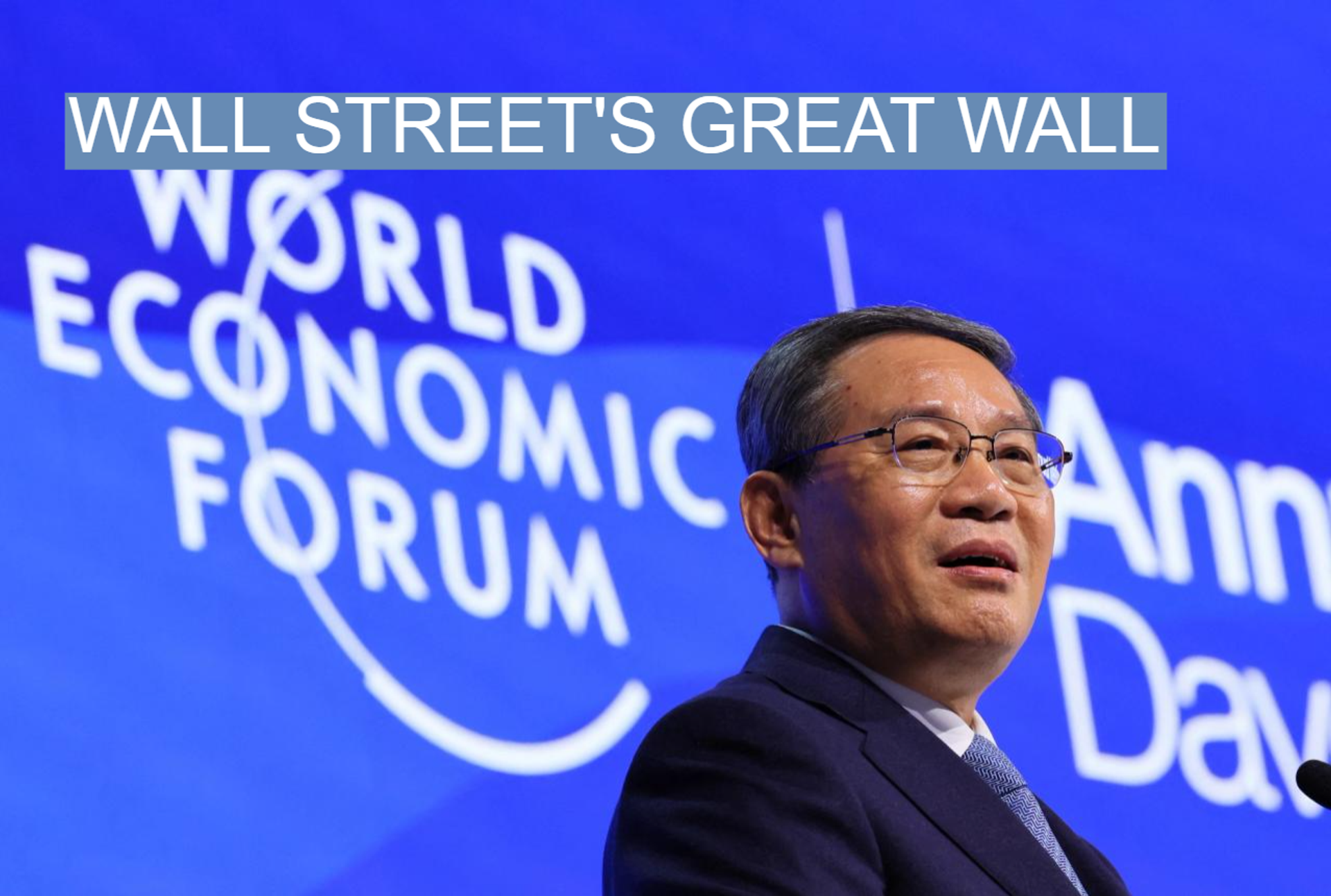The News
China is pitching itself as “open for business” at the World Economic Forum in Davos – but not everyone is biting.
While some Western investors have slowed their deals in China in the face of political hostility, others are more bullish: Citigroup is bidding on China with plans to open an investment bank there by the end of 2024, while UBS is planning on expanding its asset management business in the region.
However, Jamie Dimon, CEO of JP Morgan Chase, said in a CNBC interview at Davos that China’s risk-reward profile has “changed dramatically” owing to geopolitical tensions, and that investors should be “a little worried” about expanding into China.
SIGNALS
Southeast Asia rivals China as new investment hotspot
For the first time since 2008, Western investment banks in 2023 collected more fees from advising Southeast Asian clients on bond and stock issues compared with Chinese clients, Nikkei Asia reported. This is likely the result of strong competition from domestic banks, hot IPO markets in Indonesia and India, Beijing tightening offshore listing regulations, and the side effects of China’s property crisis, according to the publication. But despite this shift, some analysts believe that China’s sheer market size means it remains a crucial investment hotspot. While countries such as India may appear “great on the surface,” their political structures and investment infrastructure aren’t as developed as China’s, one Bank of America official told Nikkei Asia, which could create a bubble if banks keep rushing there.
Middle East eyes China to diversify away from West
While many Western investors remain skeptical about Beijing, Middle East sovereign wealth funds are gearing up to invest more in China in an effort to broaden their global portfolios away from Europe and North America, according to the South China Morning Post. Last year already saw state-owned investors in the Middle East funnel more than $2.3 billion into China compared with $100 million in 2022. As oil-producing countries like Saudi Arabia seek to prioritize the transition to cleaner energy, a big focus of their investments in 2024 will be on Chinese electric vehicles, batteries, and energy storage, Deutsche Bank’s Kees Hoving told the SCMP.
American pensions are still investing heavily in China – controversially
While Washington has moved to “de-risk” from Beijing – even banning investment in some sensitive technologies – U.S. public pension funds are investing heavily in China, plowing more than $70 billion into the Chinese market in recent years, according to a December report by trade organization Future Union. Many public pension funds and university endowments still see “the allure of high growth potential” in China and have invested in funds with exposure to Chinese tech firms such as TikTok-maker ByteDance, the report found. However, this has stirred concerns among U.S. lawmakers, according to Responsible Asset Owners, which organizes investor events. “While the decision to invest in China may seem lucrative, it is not without controversy,” the group wrote.

